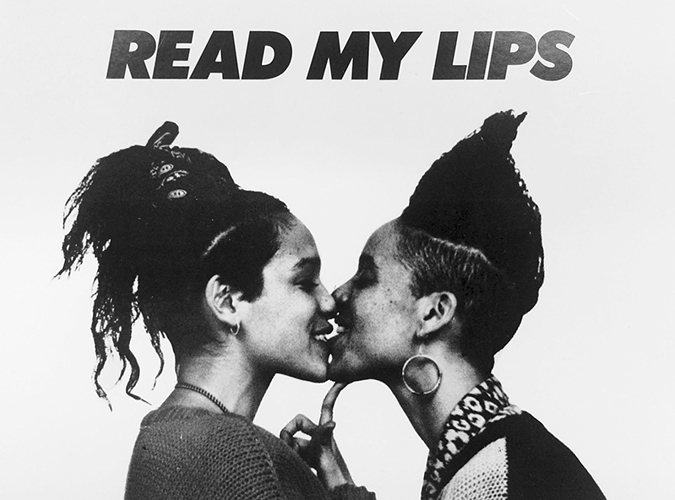At Open Space, the blog of SFMOMA, film scholar Samuael Topiary reflects on how the meaning and political import of “queer” has evolved in the past three decades, especially now that gays and lesbians have gained marriage equality and other civil rights in some countries. Topiary contends that while “queer,” in the sense developed by José Esteban Muñoz, once evoked a future-oriented imaginary of collective liberation, today it is “more focused on the expression of gender individuality.” Here’s an excerpt from the piece:
Thirty years ago, queer felt to me like a canny obfuscation: both a veil and an umbrella that gathered myriad individual specificities to assert a radical and intersectional inclusivity. My queer third-wave feminist vision of the future imagined gender as a spectrum within a primarily binary male-female (and butch-femme) dynamic. Today, millennial queerness offers a more developed understanding of non-binary gender. Today’s version of queerness appears to be less concerned with the politics of sexuality and more focused on the expression of gender individuality. In this millennial queer moment, as more and more of my friends adopt they/them pronouns in a polyamorous, trans-positive zeitgeist, I feel inspired to imagine a queer future in which pronoun differentiation no longer exists. A pan-gendered, pronoun-free queer future feels different from the ’90s version of queer I remember, which was concerned with validating bisexuality, intersectional identity politics, and creating a female-empowered version of sex-positivity. I recognize that the militant, oppositional nihilism of my youth in the gay ’90s seems to have been replaced by a more fluid sense of queerness in which the past and future overlay in a complicated matrix abetted by digital technology and social media. Where we once dug our trenches around an “us vs. them” vision of queerness, today I wonder what queers will be able to achieve with our newfound cultural power now that we are no longer conscribed to the margins.
Image: Kissing Doesn’t Kill, 1989, ACT UP! poster. Via Open Space.
